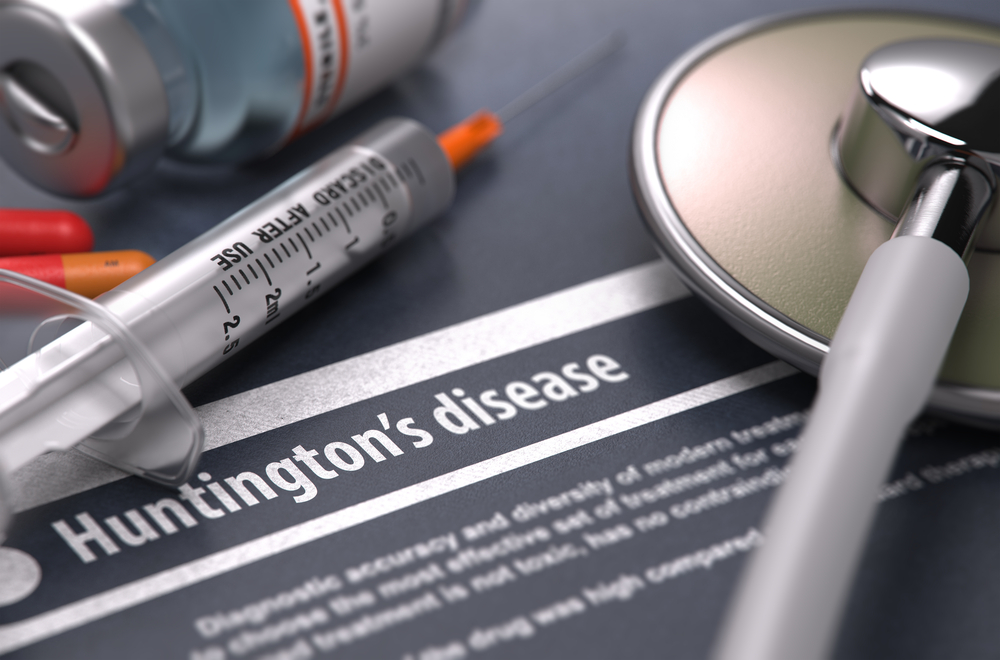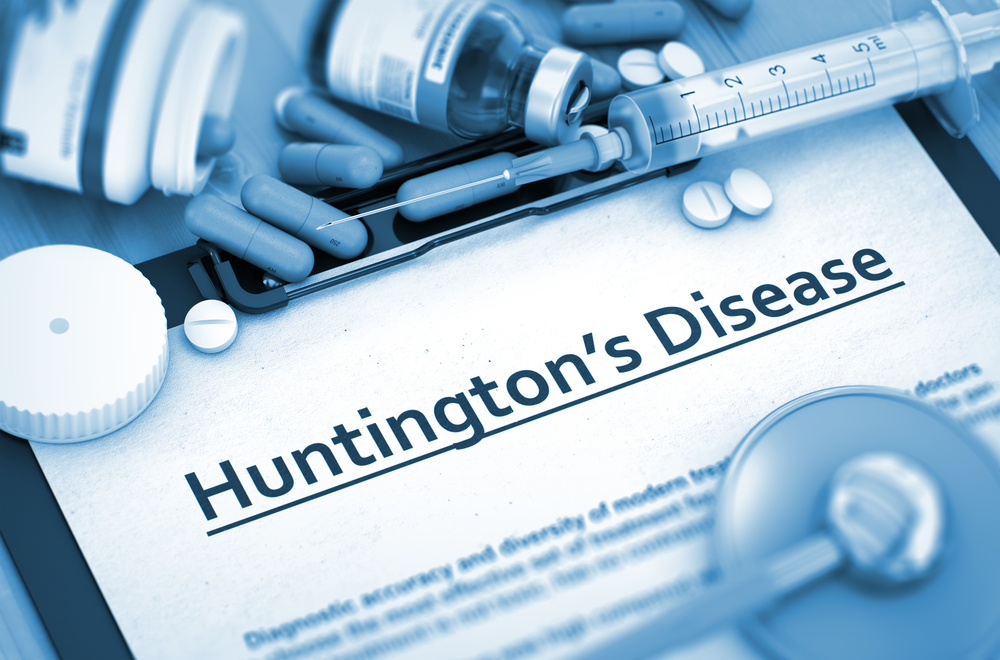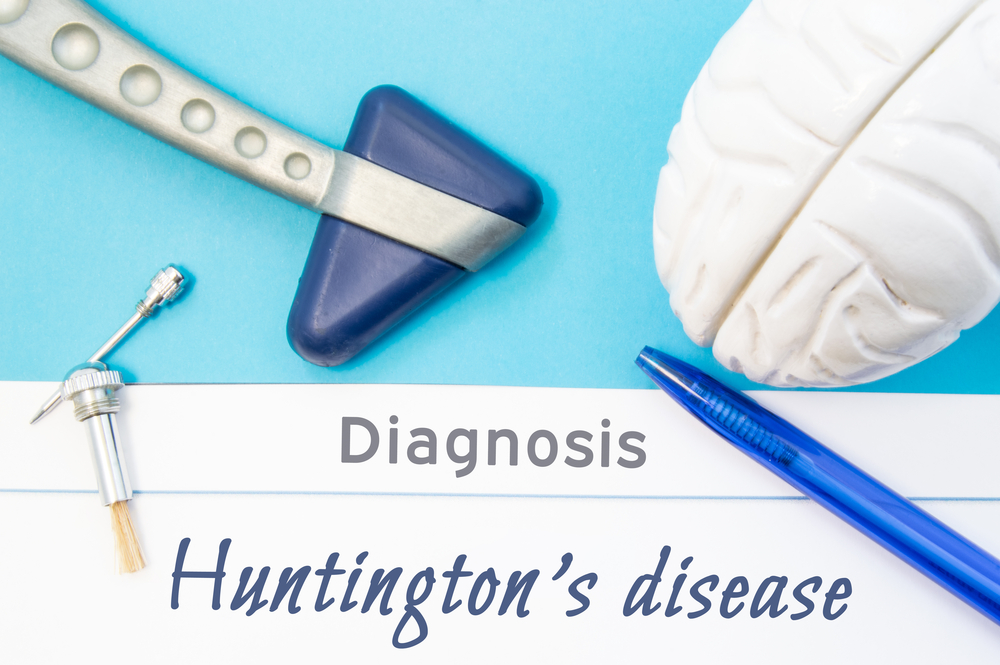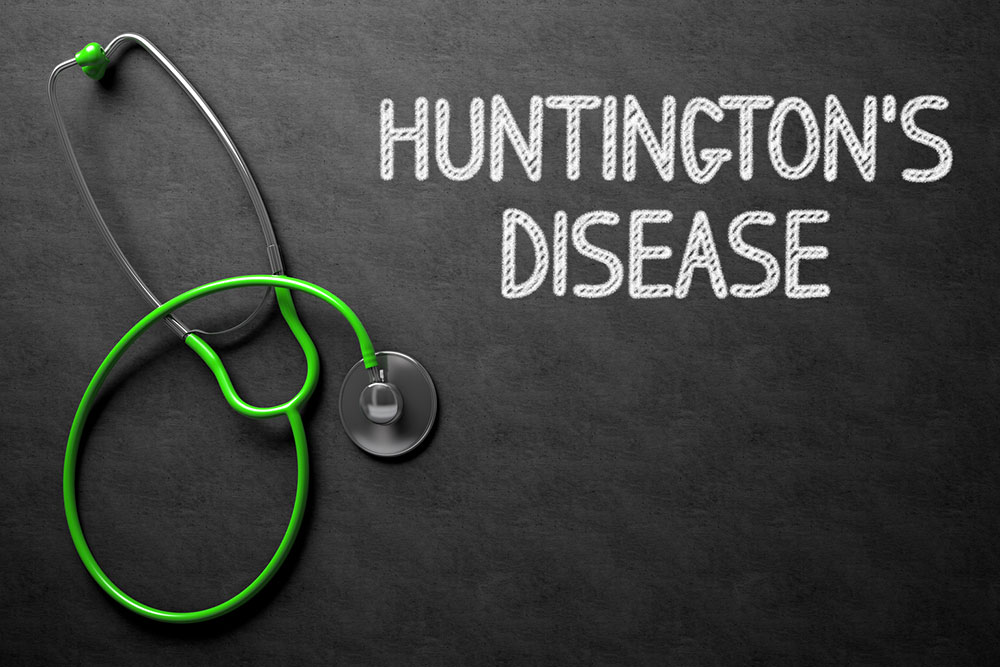Comprehensive Guide to Top Huntington’s Disease Diagnosis and Support Centers
This comprehensive guide highlights the best Huntington’s disease diagnosis and support centers across the U.S., emphasizing the importance of specialized, multidisciplinary care. It provides details on trusted facilities, their services, and how families can access expert assistance for early detection, management, and ongoing support for this complex neurological disorder.

Leading Medical Facilities for Huntington’s Disease Diagnosis and Patient Care
Huntington’s disease is a complex and progressive neurological disorder that often presents with subtle symptoms, making accurate diagnosis challenging. Patients and families seeking clarity about the disease need access to specialized centers equipped with advanced diagnostic tools and expert medical teams. Accurate detection is essential for effective management and future planning, even though a definitive cure remains elusive. This comprehensive guide explores top Huntington’s disease support and diagnosis centers, outlining their services, locations, and the importance of choosing the right healthcare facility for testing and ongoing care.
Should Predictive Testing Be Considered for Huntington’s Disease?
If there is a family history of Huntington’s disease, genetic testing for relatives is highly recommended.
While diagnosing the disease does not currently offer a cure, early identification allows for better management and planning.
Testing provides vital information that can influence life decisions and future healthcare planning.
Understanding where to get tested for Huntington’s disease ensures families receive accurate results and proper support.
Reliable Resources and Centers for Huntington’s Disease Support and Diagnosis
The Huntington’s Disease Society of America (HDSA) oversees a network of specialized clinics called HDSA Centers of Excellence dedicated to Huntington’s support and research.
These centers employ multidisciplinary teams including neurologists, psychiatrists, genetic counselors, psychologists, and movement disorder specialists to provide comprehensive care.
With approximately 43 locations across the United States, these centers aim to deliver expert diagnostics, personalized treatment plans, and ongoing support.
Patients and families can access cutting-edge medical services tailored to the complexities of Huntington’s disease.
Visiting these accredited centers ensures that individuals benefit from the latest advances in diagnosis, management, and support services.
Notable Huntington’s disease centers include:
Beth Israel Deaconess Medical Center
Albany Medical College
Columbia University/NYS Psychiatric Institute
Cleveland Clinic
Emory University
Dartmouth-Hitchcock Medical Center
Duke University
Indiana University
Georgetown University
Johns Hopkins University
Hennepin County Medical Center
Massachusetts General Hospital
Ochsner Health System
Northwestern University
Ohio State University
Rush University Medical Center
Rocky Mountain Movement Disorders Center
Stanford University
University of California, Davis
University of Alabama at Birmingham
University of California, San Diego
University of California, Los Angeles
University of Colorado
University of California, San Francisco
University of Florida
University of Louisville
University of Iowa
University of Nebraska Medical Center
University of Pittsburgh Medical Center
University of Pennsylvania
University of South Carolina School of Medicine
University of Rochester
University of South Florida
University of Texas Health Science Center-Houston
University of Tennessee Health Science Center-Memphis
University of Utah
University of Virginia
UVM, Parkinson’s & Movement Disorders Center
University of Washington
Vanderbilt University Medical Center
University of Wisconsin-Madison
Washington University School of Medicine
Virginia Commonwealth University
These specialized centers are equipped with the latest diagnostic technology and offer compassionate counseling services to support patients and families through the testing and diagnosis process.
Choosing the closest or most appropriate facility based on individual needs and healthcare provider recommendations can facilitate timely and accurate diagnosis.
Expert guidance from healthcare professionals ensures comprehensive management plans are put into place post-diagnosis.
Additional Key Partners Providing Expert Huntington’s Care:
Cole Neuroscience Center at University of Tennessee Medical Center
Oregon Health & Science University
Kaiser Permanente, Oakland
University of Tennessee, Erlanger Health System
University of Alabama
University of Mississippi Medical Center
What Makes These Centers Stand Out in Huntington’s Disease Care?
Despite the current absence of a cure for Huntington’s disease, these centers excel in providing compassionate, comprehensive diagnostic and support services. They are committed to empowering patients and their families by offering:
State-of-the-art diagnostic equipment to detect early signs and confirm diagnosis
Pre-test counseling to prepare families emotionally and inform them about the process
Post-diagnosis support, including mental health services and tailored management strategies
Educational resources to help families understand the disease and its progression
In conclusion, locating the right Huntington’s disease centers with expert staff and advanced technology is vital for accurate diagnosis, effective management, and comprehensive support. Whether for testing or ongoing care, families should prioritize facilities accredited by reputable organizations like the HDSA. Accessing specialized, multidisciplinary teams ensures patients receive the highest quality care possible in facing this challenging disease, while also providing families with hope and informed support for the journey ahead.





